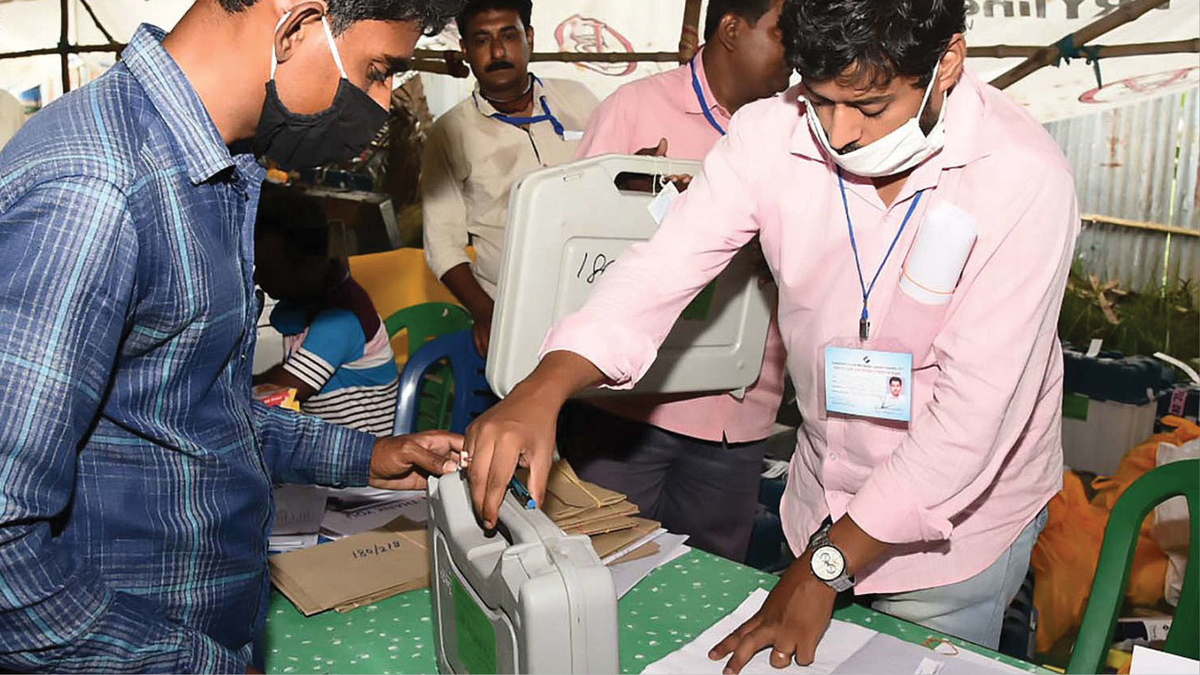


One of the first rules of the model code of conduct (MCC), as prescribed by the ECI, is that “no party or candidate shall include in any activity which may aggravate existing differences or create mutual hatred or cause tension between different castes and communities, religious or linguistic”. In simple words, it prohibits hate speech. In 2021 so far, the Election Commission has placed a ban on several candidates, including West Bengal Chief Minister Mamata Banerjee and DMK leader A Raja for using communal and religious rhetoric in their speeches while campaigning.
It is no secret that elections in India are fueled by emphasising communal and religious identity. Hence, it is no surprise that parties use such rhetoric while campaigning to emphasise and re-establish community identity. You may ask: if this is such a commonplace practice, what is the ECI doing to curb the same? The ECI has launched a mobile application whereby any citizen can share proof of malpractice by political parties, candidates and activists when the MCC is in force. The information uploaded from the application is transferred to a control room, where field units or flying squads are alerted for further action.
However, the ECI has also highlighted that it has extremely limited powers in addressing the issue of violation of the MCC by candidates and parties through the usage of hate speech. In 2019, during the Lok Sabha elections, in response to a public interest litigation (PIL) filed the Supreme Court, called the commission “toothless” for failing to act against political leaders who made polarizing speeches. The Supreme Court had made an inquiry into action being taken against leaders who had made polarizing speeches, to which the ECI replied that it does not have any powers by which it can disqualify a candidate for violating the rules of conduct. The counsel for the EC explained that in any case of the violation of the MCC, in the first instance, the candidate is issued a notice and a reply is sought. If the candidate does not respond, then an advisory is issued, after which the EC files a complaint.